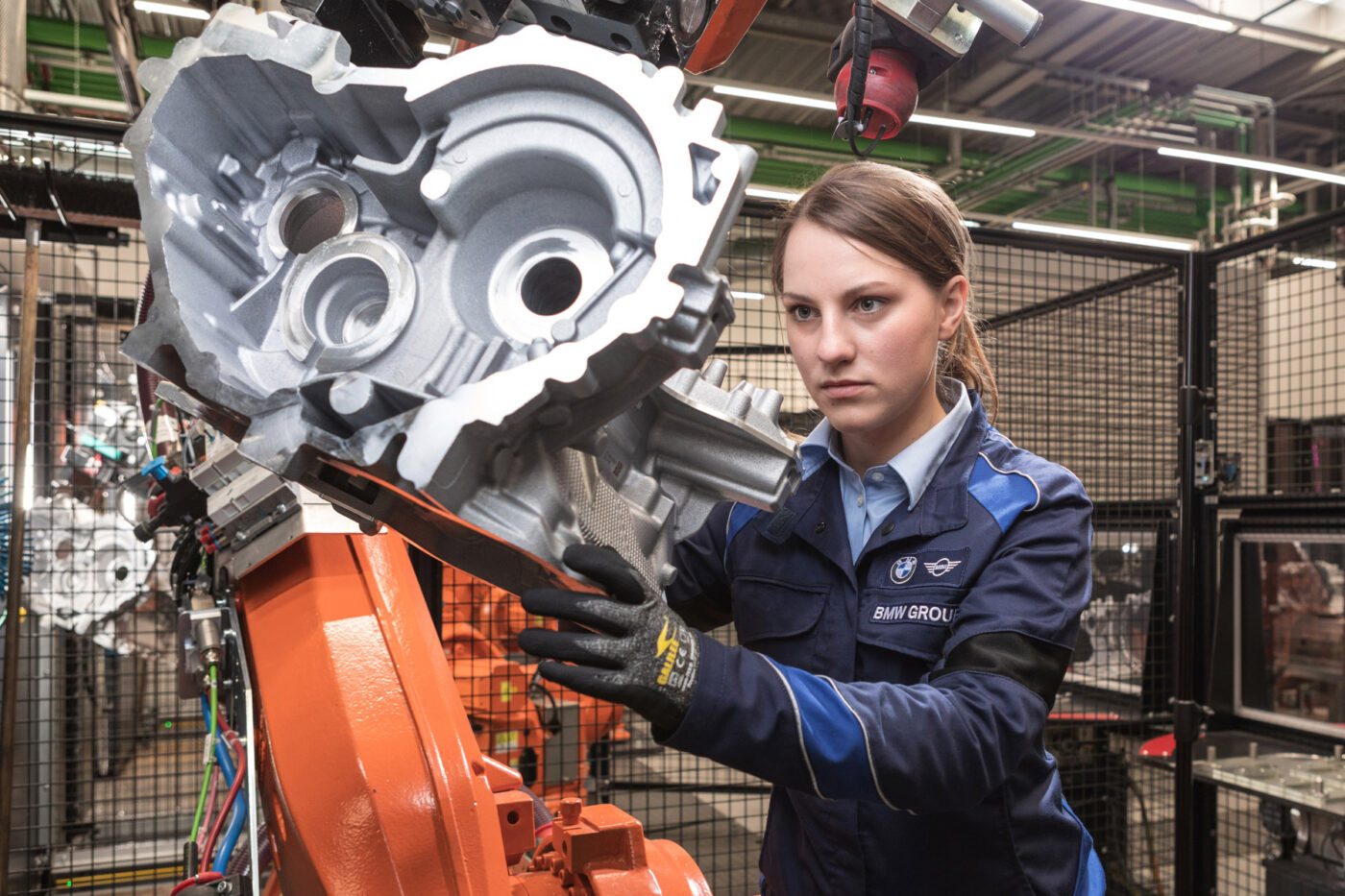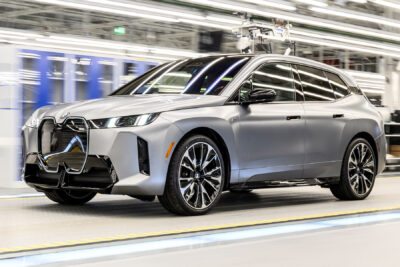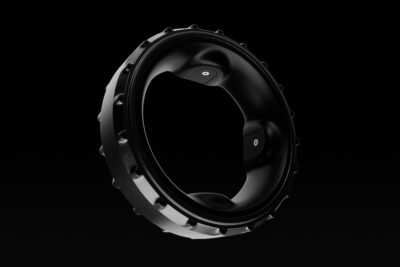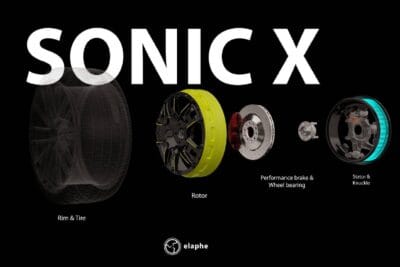Germany: BMW expands production of EV components in Landshut
BMW will build a new production to house component production for the Neue Klasse. It will have three levels and two production lines. The carmaker intends to produce there using the so-called “Injector Casting” process. “Injector casting ensures that parts are cast with optimum mechanical properties. It has the additional effect of shortening the cycle time and, as a result, reducing energy consumption considerably while also cutting carbon emissions due to the lower casting temperature. This method results in reduced consumption of resources too as it requires less return material,” the manufacturer explains.
According to BMW, the two new production lines will increase the annual production capacity for the fifth and sixth-generation aluminium housings by around 30 per cent. In other words, the fifth generation of BMW electric drives, which are used in current model series such as the iX3, i4, i5, i7 and iX, will also benefit from the expansion. The upcoming sixth generation is planned for the Neue Klasse vehicles from 2025. As the current series mentioned will continue to be produced in parallel, BMW will also offer EVs with the fifth and sixth generation of drive systems at the same time – and will thus require drive housings from Landshut.
In the sixth generation, the functional principle of the BMW electric motors will remain the same: the Munich-based company will continue to use separately excited synchronous machines in which both the stator and the rotor consist of electromagnets. The motors, abbreviated as EESM, combine the advantages of permanently excited synchronous motors (efficiency, power density) with those of asynchronous motors (no resistance when idling, no rare earths), without the disadvantages of PSM (raw material procurement of rare earths such as neodymium in the permanent magnets). However, the sixth generation has been further developed in detail.
The current investment of 200 million euros brings BMW’s total investment in its largest component plant to around one billion euros since 2020. Almost half of this, i.e. around 500 million euros, has gone towards the expansion of EV-related production.
“We are continuously expanding our site’s expertise in both the production of our cutting-edge components and the development of new technologies,” says Thomas Thym, Head of BMW Group Plant Landshut. “This skill set provides us with the flexibility we are going to need in the future.” Manufacturing the central housing for the sixth-generation drive technology in the Neue Klasse represents a further step in the plant’s transformation to electric mobility.
However, the new production hall for the electric drive housings will be built on the existing site. In January of this year, BMW acquired a plot of land of around 30,000 square metres directly adjacent to the Landshut plant, intended for further future production volumes but not for the current project. “This strategic acquisition is a key element in the plant’s ability to respond to future demand. A final decision on how exactly the new land is to be used will be made at a later date,” says BMW.
The BMW internal supply chain for the future electric models is thus continuing to take shape. Production of the electric drives themselves has also been expanded and extended for the sixth drive generation. In Dingolfing, the other components are installed in the housings delivered from Landshut. And this week, the Munich-based company also received planning permission for battery assembly in Lower Bavaria. There, the round cells supplied will be used to build the ready-to-install battery packs for the Neue Klasse, which will then be delivered to the Bavarian BMW vehicle plants in Dingolfing, Munich and Regensburg.





0 Comments